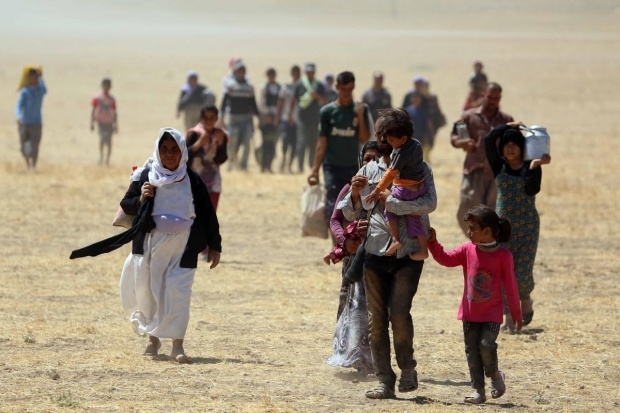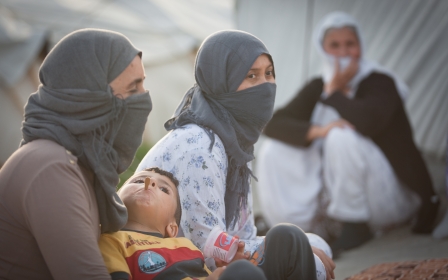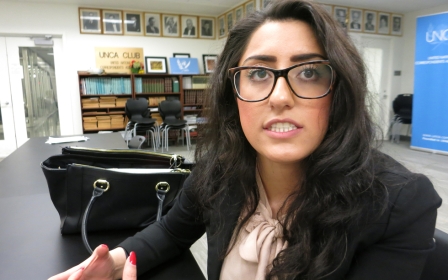Kurdish authorities harming recovery of Iraq's Yazidis: HRW

Kurdish restrictions on the movement of goods are harming the recovery of Iraq's Yazidi minority, which was targeted for genocide by the Islamic State group, Human Rights Watch said Sunday.
It said restrictions imposed by the autonomous Kurdish government "disproportionate to any possible security considerations are causing unnecessary harm to people's access to food, water, livelihoods, and other fundamental rights".
It said the restrictions affected the Sinjar area, the main hub of the Yazidis, a Kurdish-speaking religious minority whose faith is despised by jihadists.
The area is theoretically under the authority of the central government in Baghdad, but it is largely controlled by the forces of the autonomous Kurdish region.
"The KRG should be working to facilitate access to Sinjar for the hundreds of Yazidi civilians wishing to return to their homes, not adding more barriers to their recovery," HRW said.
It said it had not been able to find a single farmer who had been granted a permit to take his produce to the Kurdish region.
HRW said the Kurdish authorities argued they were concerned about the activities of the Kurdistan Workers' Party (PKK).
The separatist rebel group, which is also present in neighbouring Turkey, has long had bases in northern Iraq and stepped up its presence there after IS swept through the region in 2014.
It is outlawed by Ankara, which is the closest ally of the Iraqi Kurdish region's leadership.
According to HRW, there were around 360,000 Yazidis in the Sinjar area before 2014, 90 percent of whom were displaced by the violence. Very few have returned.
The United Nations says IS committed genocide against the minority, which is neither Arab nor Muslim and faces continued isolation.
Thousands of Yazidis were massacred when IS took over the Sinjar area in August 2014, and thousands of Yazidi women were abducted and turned into sex slaves.
New MEE newsletter: Jerusalem Dispatch
Sign up to get the latest insights and analysis on Israel-Palestine, alongside Turkey Unpacked and other MEE newsletters
Middle East Eye delivers independent and unrivalled coverage and analysis of the Middle East, North Africa and beyond. To learn more about republishing this content and the associated fees, please fill out this form. More about MEE can be found here.




